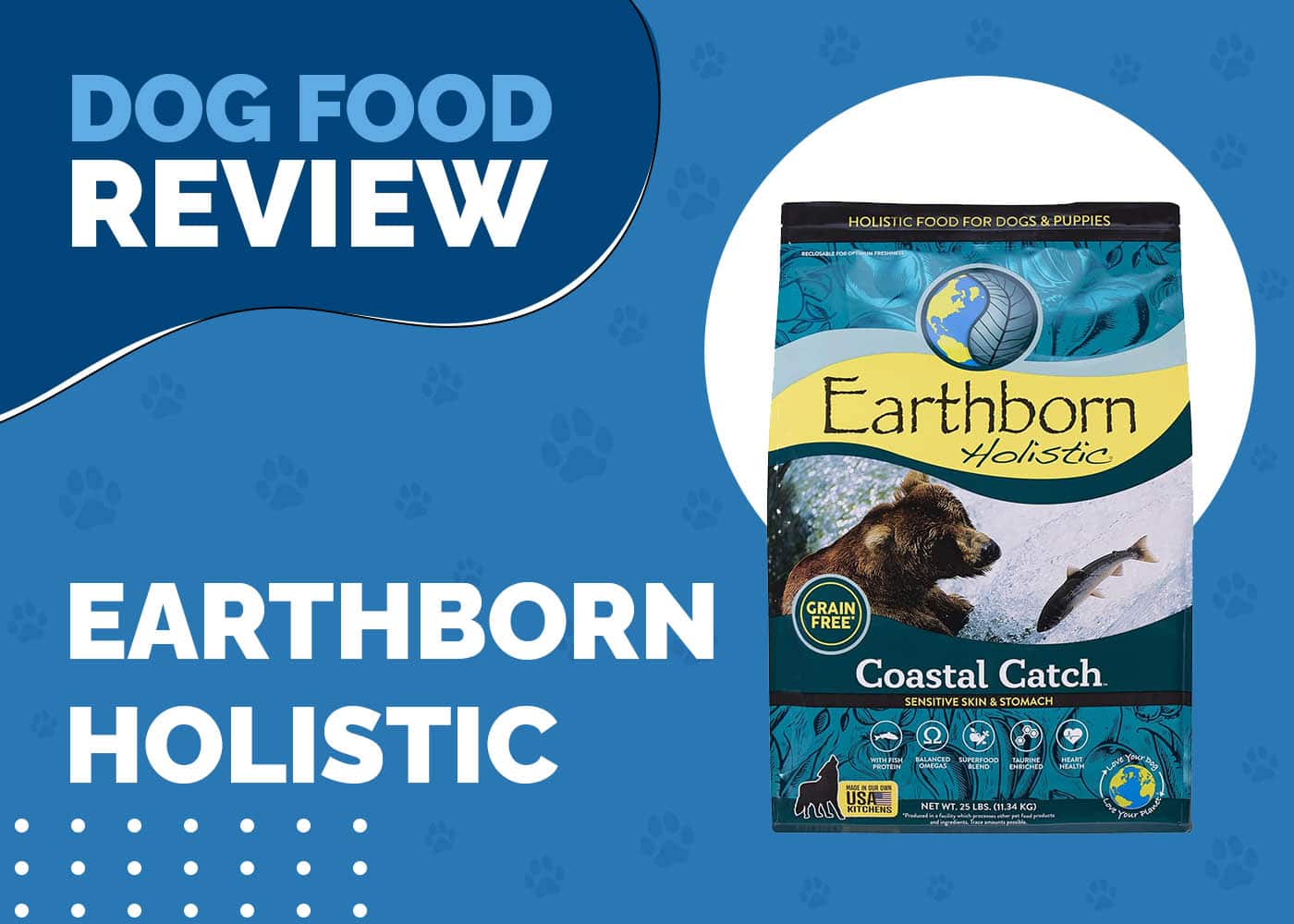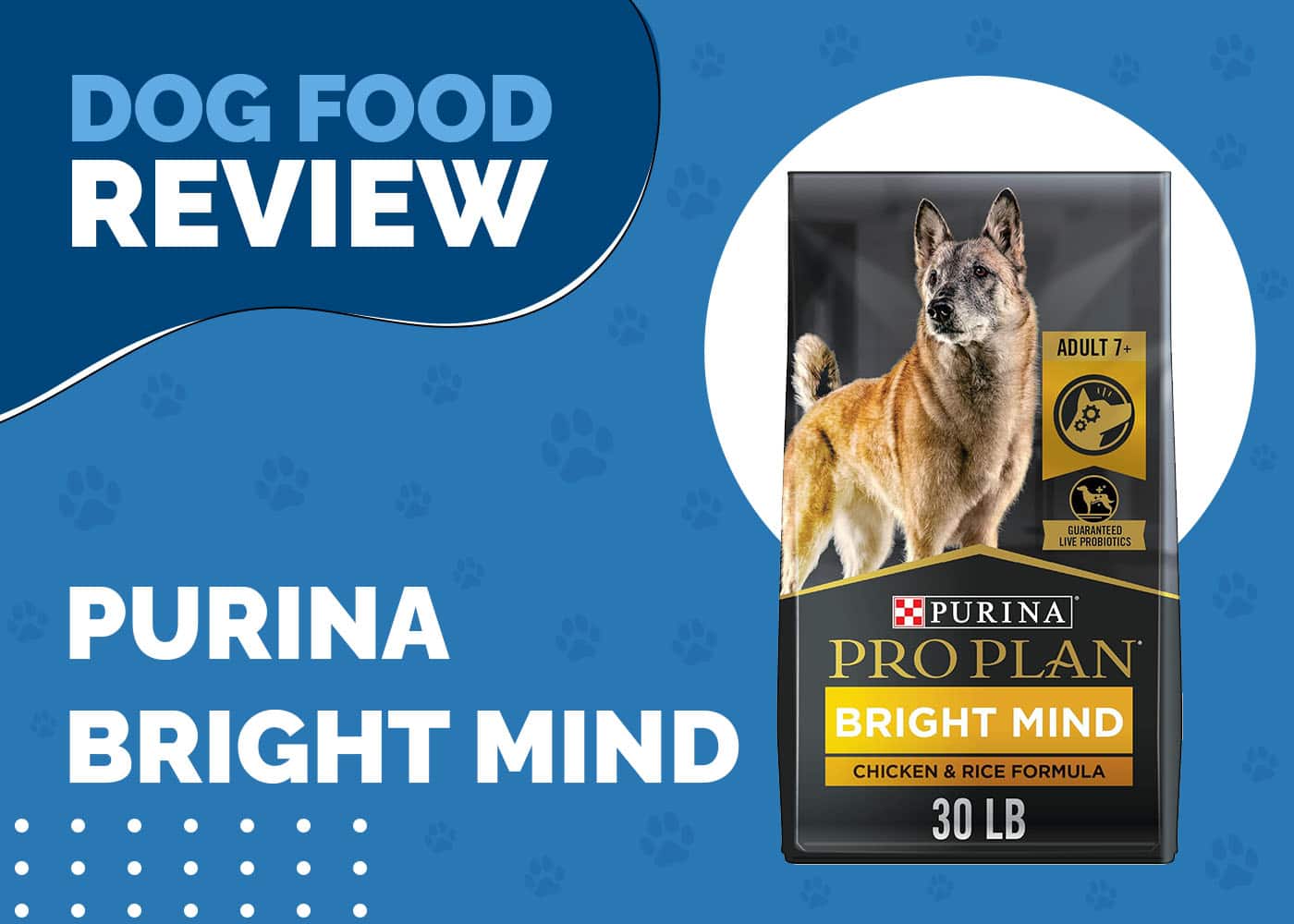Can Dogs Eat Coconut? Health & Nutrition Facts

Updated on

Many have touted the benefits of coconut oil for people from weight loss to its anti-inflammatory properties. You may wonder if it’s safe to give to your dog, too. The short answer is yes and no. To fully answer the question, you must know both the short and long-term effects. As with other dietary matters, there is also a gray area that you should consider.
Bear in mind that a lot of the alleged health benefits for pets stem from unsubstantiated ones in people. Even if they exist, it doesn’t mean that they extend to dogs. Trust the science on this score, especially if your pup has a pre-existing health condition or a propensity for some diseases. Some foods may increase your dog’s risk for these issues. That’s why you need to vet any new things your pet eats.
Safety and Nutritional Benefits
The most important thing from a pet owner’s perspective is whether coconut is harmful. The oil and meat are safe for your pet to eat with a few caveats. As with any new food, it’s wise to introduce them slowly with only a little bit at a time. There is always a risk of an allergy. Then, there is the form of the coconut to consider.

Coconut meat or flakes is one thing. Oil, on the other hand, is another because of the fat content. The health benefits for people usually aren’t connected to the meat. They’re associated with the oil and its composition. The reasoning behind any benefits is the fact that it has medium-chain fatty acids. They are easier for you—and your pet—to digest. That means you both can tap into the energy they have faster.
This fact is where a lot of the health claims originate. Fat, after all, is an excellent source of energy. The ability to burn them faster sounds like the proverbial win-win. These nutrients offer health benefits for keeping your dog’s coat shiny and his fur healthy. Unfortunately, the claims exceed the truth and ignore the risks of coconut as a dietary supplement or food for your pet.
Long-Term Health Effects
The fact remains that coconut oil is fat. That means it can still affect your pet’s cholesterol adversely. It can raise bad or LDL cholesterol, which can up the risks of heart conditions for both people and pets. That’s especially a concern for breeds that are already more prone to these diseases like Poodles, Boxers, or Cavalier King Charles Spaniels.
You also have to consider the elephant in the room—fat. Coconut oil, no matter how healthy it may sound, is still 120 calories per tablespoon. Using the PetMD’s caloric intake calculator, a 45-pound dog has a recommended amount of 1,075 calories per day. That single serving of coconut oil takes a big dent in it. If you overindulge your pooch, he’s likely to gain weight, too much weight.

An overweight pet is at a greater risk for health conditions like diabetes. Trust us. That’s not something you want to inflict on your dog or deal with as a pet owner. There’s also a concern about how your pet gets his coconut, even if he likes it and can tolerate it.
As is, it’s not an issue. However, coconut products often contain sweeteners. Sugar is problematic for diabetic dogs, as we mentioned above. Artificial sweeteners like xylitol are deadly. Remember that canines are different than people.
They can’t always eat what you can, even if you want to share. It’s the responsibility of the pet owner to make sure you don’t feed him people foods no matter how much he begs. Coconut squarely belongs in that gray area category because of the possible health impacts. The bottom line is that you should consult your vet to assess your pet’s risks versus the potential benefits.
Final Thoughts
Coconut goes into that mixed bag of foods that dogs can eat. While it may not hurt him outright, products like oil contain fats, which can have long-term health effects that can harm your pooch. It’s essential to weigh those facts against any benefits for his coat’s appearance. Our advice is to keep it as an occasional treat instead of a staple to your pooch’s diet.
See also:











